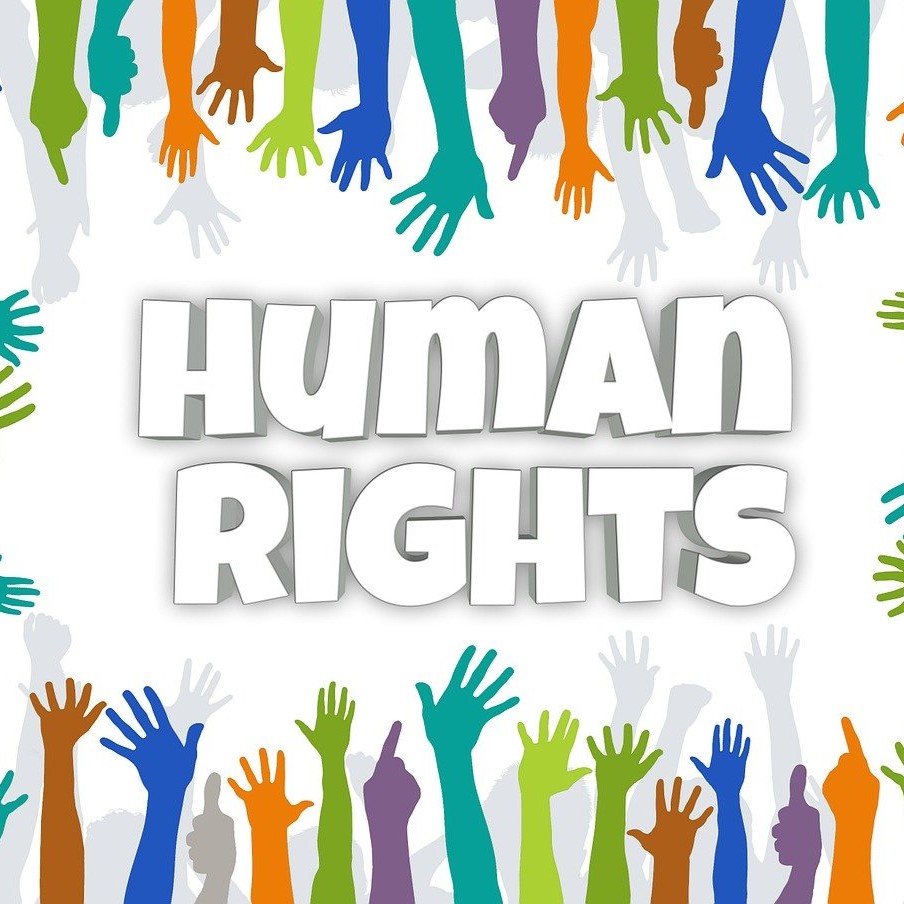ESG
The ESG Phenomenon: Institute, Human Rights Group Highlight Modern Slavery Challenge

The latest developments in the ESG space and the "S" for social issues such as labour standards and individual rights.
The
First Sentier MUFG Sustainable Investment Institute and the
international human rights group, Walk Free, have issued a new
report, Modern Slavery & Remediation – An Investor’s
Guide.
The 36-page paper, which examines how investors can aid the
remediation of modern slavery, gives a number of examples.
There were 27.6 million people in forced labour in 2021, rising
by 2.7 million from 2016; these people are mostly working in
areas such as manufacturing, construction, agriculture and
domestic work sectors.
The European Union, for example, has its EU Corporate
Sustainability Due Diligence Directive – this requires all EU
member states to to pass laws requiring companies to carry out
due diligence for human rights. In addition, human rights due
diligence legislation is in force in jurisdictions including
France, Germany and Norway while the UK and Australia require
businesses to disclose the steps they are taking to identify and
address modern slavery risk.
The study showed that investors can require the firms they invest
in to have grievance mechanisms and support companies to identify
the human rights impact and their relationship to harm; during
the remediation process, investors can advise companies about
what they expect to provide satisfactory remedies and recommend
ways of putting plans into action.
“Our report shows very clearly the range of remediation work that
companies can undertake and the opportunity for investors to
enable remediation and encourage best practice actions to provide
redress and resolution for human rights impacts,” Kate Turner,
global head of responsible investment at First Sentier Investors,
said.
“Remediation is a central part of human rights outcomes but is
often not well understood. Investors are asking how they can use
and extend their influence. This report will enhance
understanding of the stages of remediation, with underlying
drivers and explanatory case studies, as well as an exploration
of the investor’s potential role alongside other actors in the
process,” Sudip Hazra, director of the First Sentier MUFG
Sustainable Investment Institute, added.
Rights violations
"Modern slavery is a violation of fundamental human rights and a
serious criminal offence. Businesses, including investors, are
increasingly expected to assess and address modern slavery risks
and provide or enable remediation of modern slavery cases in
their operations and investments. If they fail to do so, they can
face growing legal, reputational and financial risks.
"Remediation can take many forms, but ultimately it aims to 'make
good' the harm that has occurred via financial compensation or
non-financial measures such as facilitating access to health,
legal or psychological services, repatriation, and taking actions
to prevent future terms," the report said.
The Institute was launched by First Sentier Investors and
Mitsubishi UFJ Financial Group in 2021.